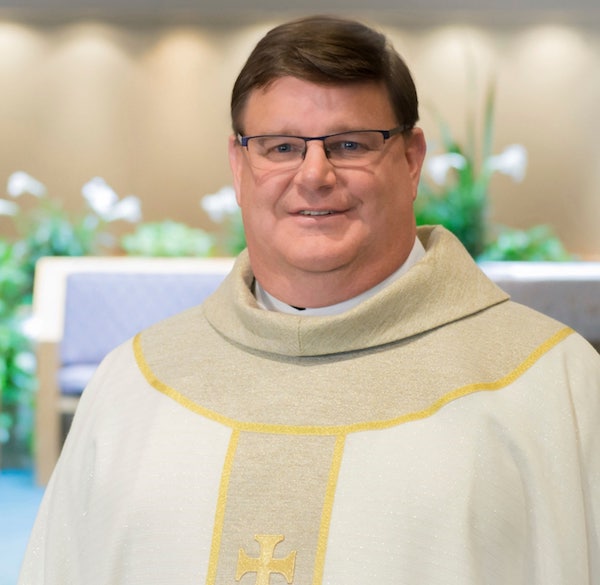
On Saturday, hundreds of young Catholics gathered to give Pope Francis a piece of their minds.
They called for a more transparent and “authentic” church, one with a bigger role for women and more wisdom about the benefits and challenges of technology. They called for more flexibility, too, arguing that “unreachable” moral standards should not be the only way to live an authentically Catholic life.
These findings were part of a 16-page report assembled by 300 young people at a week-long conference sponsored by the Vatican. It drew, too, on online submissions from 15,000 others.
“We, the young church, ask that our leaders speak in practical terms about subjects such as homosexuality and gender issues, about which young people are already freely discussing,” the report said.
It was less clear how the group wanted the church to reframe its message. The young people, ages 16 to 29, did not find consensus on issues like contraception (artificial birth control is banned for all Catholics, even married couples), cohabitation before marriage (frowned upon) or abortion.
The report also pushed the church to find ways to connect to young people, who often feel “indifference, judgment and rejection” from the church.
Throughout, the report called on the church to incorporate women more fully into church leadership. Women cannot serve as priests, which means they’re absent from the church’s upper ranks. Young female Catholics said they feel alienated as a result.
“Some young women feel that there is a lack of leading female role models within the church, and they too wish to give their intellectual and professional gifts to the church,” the report found.
The report also called on the church to accept that technology is a way of life for young people. The focus should not be condemnation, they wrote, but rather guidance on how to combat online addiction and use technology responsibly.
At the beginning of the conference, Pope Francis urged the young people — selected by their national bishops’ conferences, universities or church movements — to be honest. That is reflected in the final report, which notes that young people are leaving Catholicism because of “indifference, judgment and rejection.” It also called on the church to more fully acknowledge its mistakes, such as the clergy sex abuse scandal.
“Some mentors are put on a pedestal, and when they fall, the devastation may impact young people’s abilities to continue to engage with the church,” the report said.
The document will be incorporated into an October synod of bishops, focused on how to better incorporate young people into the church.
It isn’t clear what that will entail. But at a Palm Sunday service on Sunday, Pope Francis urged young people to keep shouting and not allow the older generations to silence their voices.
“The temptation to silence young people has always existed,” he said in his homily, delivered to an audience of thousands in St. Peter’s Square. “There are many ways to silence young people and make them invisible. Many ways to anesthetize them, to make them keep quiet, ask nothing, question nothing. There are many ways to sedate them, to keep them from getting involved, to make their dreams flat and dreary, petty and plaintive.”
“Dear young people, you have it in you to shout,” he told young people, urging them to be like the people who welcomed Jesus with palms rather than those who shouted for his crucifixion only days later. “It is up to you not to keep quiet. Even if others keep quiet, if we older people and leaders, some corrupt, keep quiet, if the whole world keeps quiet and loses its joy, I ask you: Will you cry out?”
“Yes,” the young people in the crowd shouted. “Yes!”
Complete Article ↪HERE↩!




